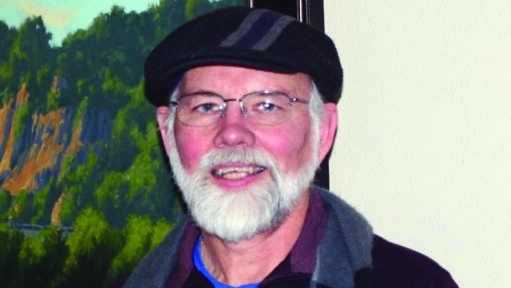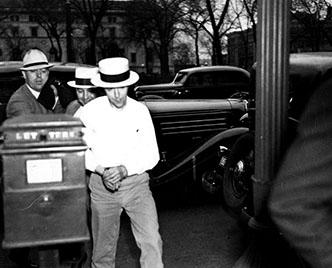Persistence
Building Community
Prudence would suggest finding a comfortable chair in a comfortable spot, and let younger, healthier members shoulder the responsibility of hosting this event so vital to the life of the community. Instead, Sharon Lennartson circles the perimeter, stopping for an occasional embrace by the many that have come to know and love her, while maintaining a vigilant eye to ensure all is going as planned. Persistence is what keeps this special event going and persistence is what sustains the community even when odds are strongly against them. As Sharon says in her biography, Stolen Culture, Traditions and Heritage, “We will never give up – it is not in our vocabulary.”
Sharon is hardly an Indigenous sounding name for the Tribal Chairwoman of the Mdewakanton Mendota Tribal Community. The same is true of her predecessors, Jim Anderson, a nephew and Bob Brown, her brother; both now deceased in body, but ever present in spirit. Their Anglo names come from those who colonized Minnesota rather than the Dakota lineage to which they lay claim and which brings the Tribal Community together.
Initially, the names coming from Europeans were from the French fur traders, who according to Kirsten Delegard, in her work “North Country” created a unique blending of Indigenous and European cultures found only in the Minnesota territory, due to its isolation. This distinctive cultural blending lasted close to 200 years, prior to the onslaught of Easterners in the mid 1800’s. Intermarriage between the French fur traders and Indigenous people was a well-established tradition in both cultures for building peaceful relationships. However, as Delegard notes this balance of cultures was largely destroyed when “settlers moved in and individual ownership made land a premiere commodity, Indians became an obstacle to be removed, a policy justified by the creation of racial and cultural hierarchies.” A policy we now know as white supremacy. The Mdewakanton Mendota Dakota were the Dakota who even in the face of growing hostility continued to establish relationships with the newcomers, including marriage, while all along striving to hold onto their culture and identity as Indigenous people.
The Dakota-U.S War of 1862 upended these relationships and the sustained presence of the Dakota as people of an Indigenous Nation in Mendota. Although most had no involvement in the war and were, in fact, known as the “friendlies” due to their relationship with the white colonists, they nonetheless suffered the same genocidal fate as all other Dakota. Most were forced from their homelands and those who remained often did so by hiding their Indigenous identity. As Sharon says in her biography, as a child she knew little about her Dakota heritage. “Our mother never registered us at any reservation due to the shame she felt growing up and the messages,” she wrote. Sharon’s story is like so many others of Indigenous heritage, with children ripped from parent’s arms and placed in boarding schools, punished for speaking their language, culture practices denied and in many places like Minnesota, illegal until 1978, when the American Indian Religious Freedom Act was passed by Congress.
But Sharon’s story, and the story of the Mendota Mdewakanton Tribal Community, is also one of persistence. It was persistence of the Dakota who would never give up which enabled Sharon to embrace her Indigenous name “Good Thunder Woman.” It is persistence that enabled the Mendota Dakota to once again assemble after years of dispersal with their first Pow Wow; this year being the 26th. It is persistence that causes the Mendota Dakota to pursue Federal recognition, granted to the four other Dakota Tribal Communities in Minnesota following the 1934 Federal Indian Reorganization Act. It is persistence that brings Sharon, members of the Community and friends of Mendota to share in an annual remembrance each February at Fort Snelling for the hundreds of Dakota who were forced into a concentration camp at this very spot. Standing together in the cold, ancestors who survived and the hundreds who died in this place are remembered and celebrated. There are a host of other examples that might be given, but persistence is a common thread that keeps the struggle alive.
The Mdewakanton Mendota Dakota have much to teach the rest of us, but for anyone who is interested in the questions of what makes community possible, most certainly leaders who persist, who refuse to give up, must be part of the equation.
The Pow Wow (Wacipi in Dakota) this past September was once again an opportunity for people coming together to dance, drum, sing, share in meals and reclaim the heritage of the Dakota people with this land we now share. Especially given Sharon’s ongoing struggle with cancer, it would have made sense for Good Thunder Woman to simply grab a comfortable chair and quietly take in all that she and many others have worked to make possible. But, persistence beckoned with its call, “never give up.”




